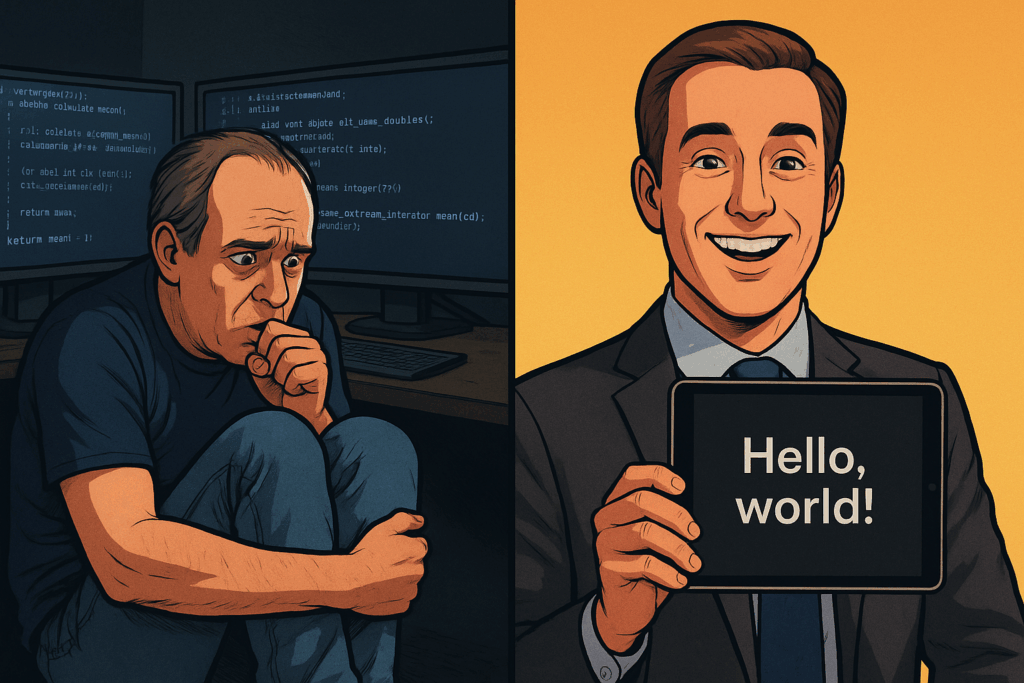
Cure Your AI Fanaticism and Phobia in One Go
She ‘Excelled’ at Her Job
A few decades ago, I worked at a school where it took a whole week just to figure out teachers’ pay. Our secretary would spend hours and hours typing numbers into an Excel sheet.
She’d double-check, triple-check, only to find some numbers still didn’t add up because a holiday messed with the math.
Finally, after wrestling with formulas and cells, she’d print out those freaking payment slips.
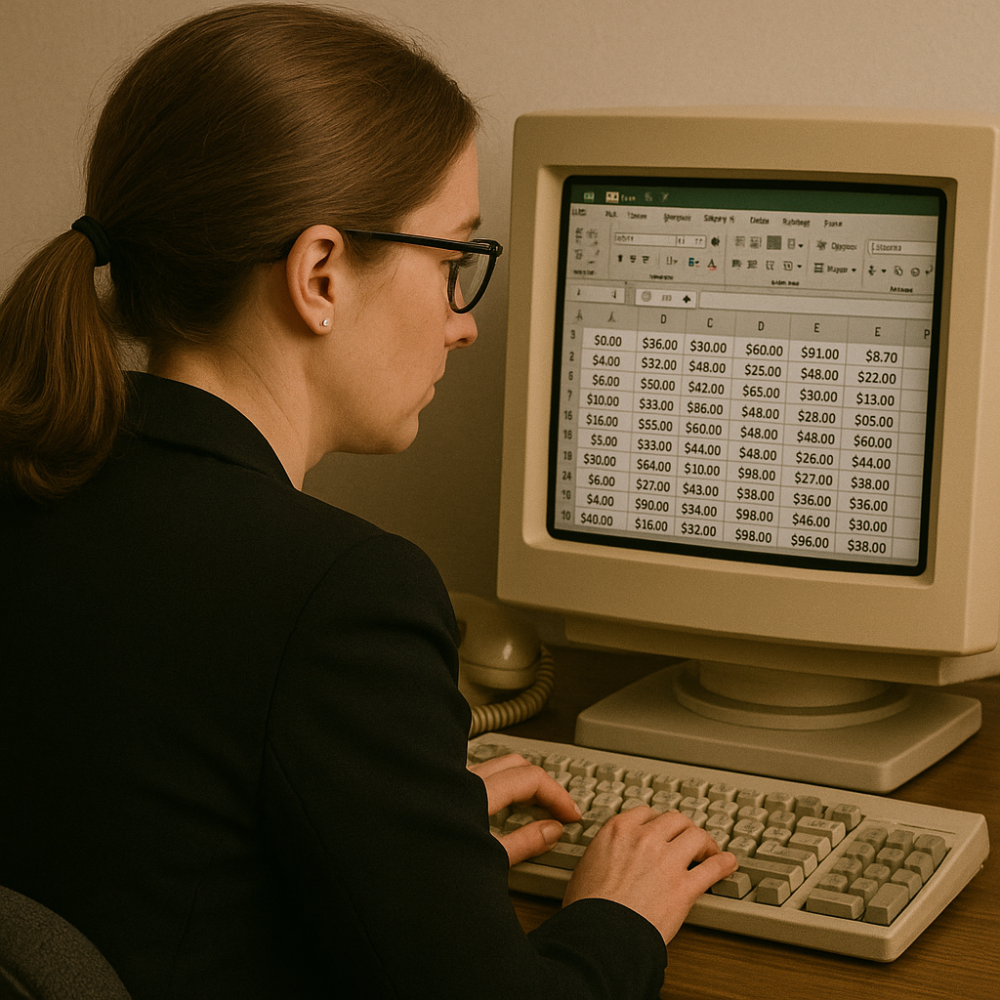
That’s when I thought,
Hey, I know some programming. Why not make this easier?
Two months later, my application was ready. It dealt with all the hard stuff—math, tax changes, holiday adjustments, and even printing pay slips.
What used to take at least a week now took just a few minutes. The best part: it freed up the secretary from doing the mind-numbing task of entering numbers into Excel sheets.
AI is Replacing… Robots
We hear a lot about how AI is changing how we work. It’s easy to get scared, but what if we looked at it as a chance to do something new and exciting?
To replace some repetitive, boring tasks like endlessly copying and pasting data, sifting through hundreds of customer emails, or—brace yourself—trying to find a bug in 10,000 lines of unformatted, generated SQL code (true story, btw). Hello, Zoltán! Hope that’s not part of your work routine anymore! ;-).

Imagine the free time you’d suddenly find. Time to actually engage with your customers, unleash your creativity, or finally take that online course you’ve been putting off. No more being just the “Excel Guru,” the “Email Sorting Ninja,” or the “Bug-Hunting Chris.” You could become the “Idea Machine” or the “Customer Whisperer.”
Your Skills Are Ready for an Upgrade
Just as my app changed the game at a small school, AI changes how we all work. But let’s be clear: it doesn’t make you or your skills irrelevant. If anything, it’s an invitation to level up.
AI is opening the door to specialized roles that focus on all sorts of intriguing aspects of technology and creativity.
Developers who use some form of AI can definitely improve their productivity. The crucial part is:
Don’t let AI take over control!
Think of AI as a colleague who’s relatively smart, but occasionally unreliable.
The kind who’s always confident—even when he has no idea what he’s talking about. The “fake it till you make it” type. If you’ve worked in a corporate environment, you’ve most likely encountered someone like this. 😉
If you treat AI with this persona in mind, you can’t go wrong. Let it do the groundwork, but keep an eye on it. It can help you write repetitive code, perform 4-eye code reviews, generate unit tests, or track down bugs in legacy codebases.

Imagine refactoring mountains of code in a couple of days with Claude Code, a task that would typically take an entire team months to tackle.
AI tools such as Framer or Durable help Web developers and designers create wireframes and mockups just from a project brief.
And for authors and the like, AI can be a godsend for outlining new books or coming up with ideas when the muse just won’t show up.
The Shift
My point is that AI can be used to tackle tedious, repetitive tasks, freeing up time for us to do more meaningful work or master skills no bot can touch.
Let’s say you’re a developer. Claude Code can help you spot that shady sporadic bug hidden in thousands of lines of legacy spaghetti code. Now, you can focus on the creative aspects of coding, like designing a more efficient architecture or improving user experience.
As an added benefit, you might still have some hair left by the time you turn fifty.

Or maybe you’re a data scientist. Forget about manually entering numbers in a spreadsheet and trying to make that interactive chart work. Instead, you upload a screenshot to Claude and ask it to generate a beautiful chart—an entire workday done in a few seconds.
You can use the freed-up time to dig deeper into your research and explore new possibilities.
The synergy between AI and human experts can make us—I know it may sound weird—kind of demigods.
AI = 0. AI + Expert = ∞
AI, in and of itself, is not useful.

Those who wish to exclude AI from their business will soon confront the harsh reality of being left behind by competitors who do embrace it.
But there’s another side to this story: companies that replace all human expertise with AI will eventually hit a wall. Sooner or later, the app “vibe-coded” by a manager with zero software development experience will start falling apart. And good luck finding experts willing to clean up that mess.
AI is like medicine: the right dose can work wonders. Refuse it, and you might fall behind. Take too much, and it could kill your thinking.
—Karoly
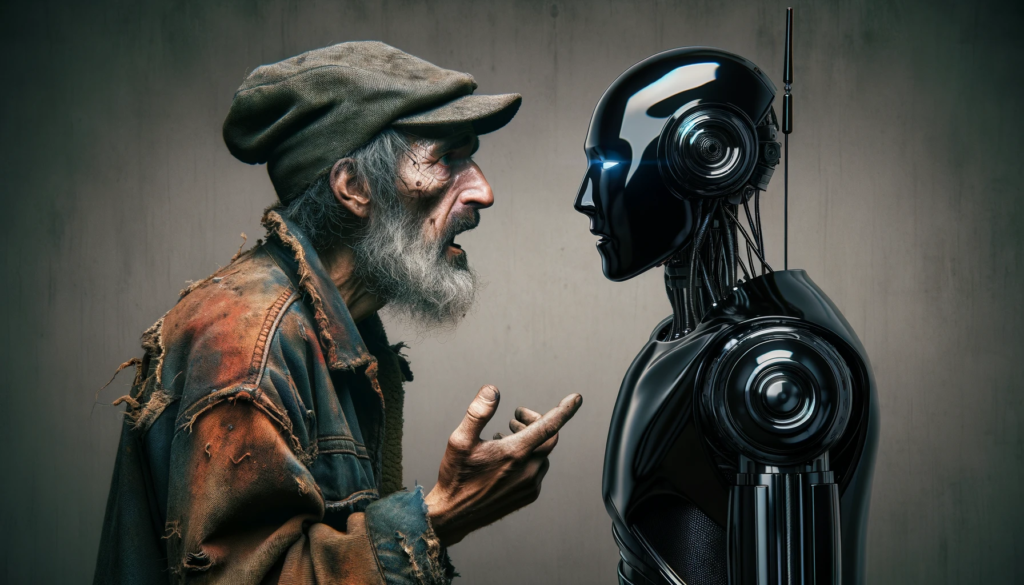
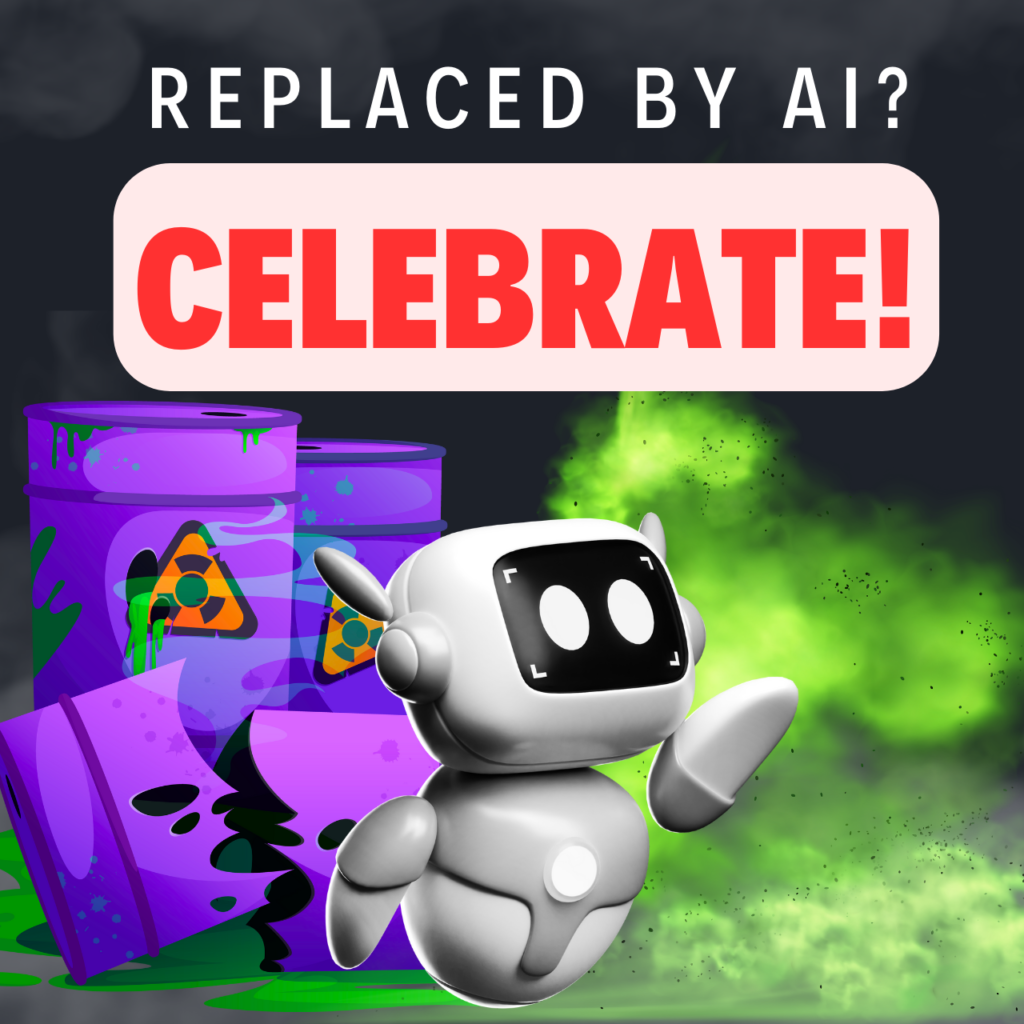

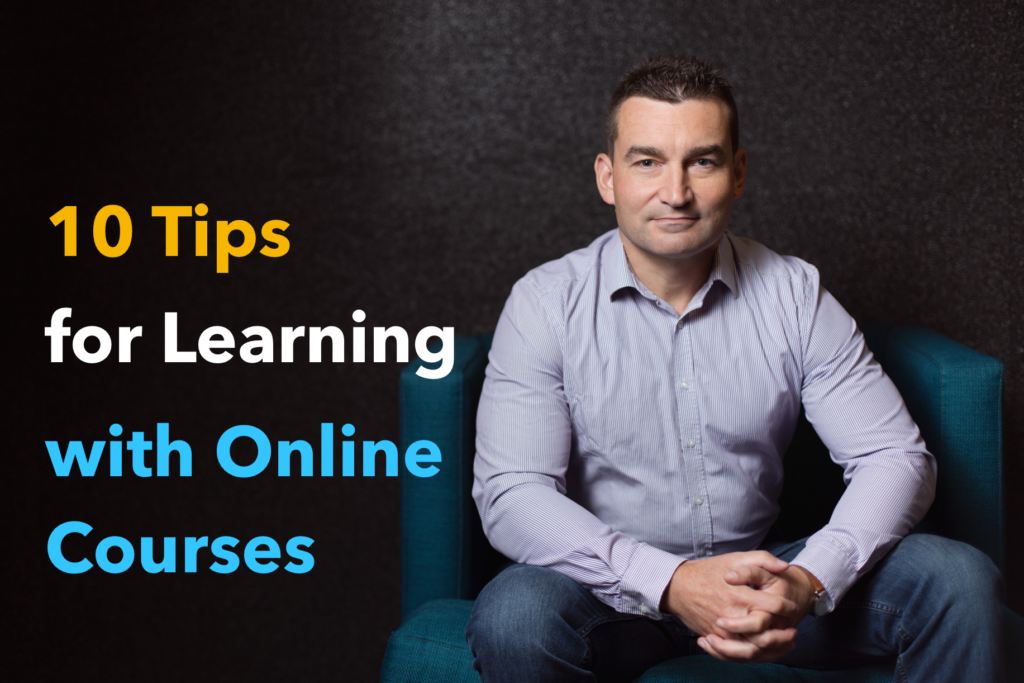
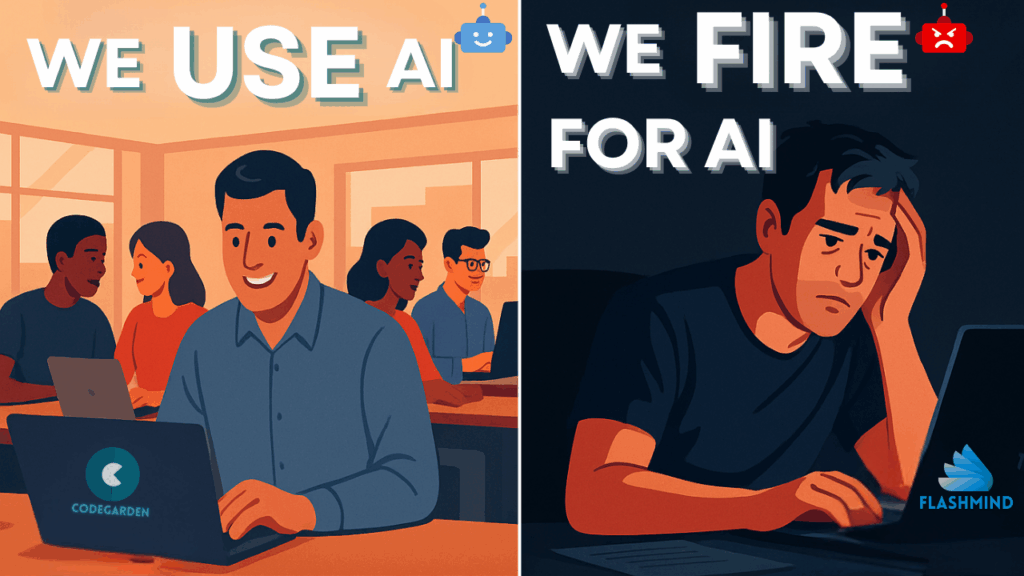
Responses